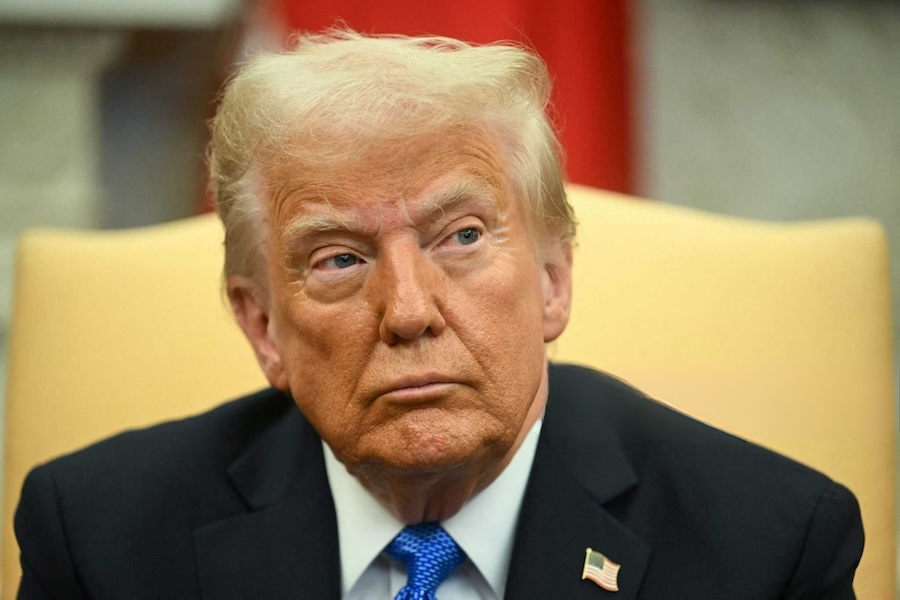Politics
JUST IN: District Judge Issues Major Ruling On Birthright Citizenship

Despite a recent ruling from the U.S. Supreme Court that restricts the ability of lower court judges to block President Donald Trump’s policies using nationwide injunctions, a federal judge ruled on Thursday to bar the administration from enforcing an executive order placing limits on birthright citizenship.
U.S. District Judge Joseph Laplante from Concord, New Hampshire, reached his decision after advocates for immigrant rights asked him for class action status in a lawsuit they filed to represent any babies who would have their citizenship status jeopardized by the president’s order.
He ruled the plaintiffs could move forward as a class, which allowed him to slap a new judicial order on the implementation of the president’s order, blocking it nationally. Laplante said the choice to issue the injunction was “not a close call,” pointing out that if Trump’s order were allowed to take effect, it would potentially deprive children of their U.S. citizenship.
“That’s irreparable harm, citizenship alone,” he explained, according to Reuters. “It is the greatest privilege that exists in the world.”
Judge Laplante said he would put a stay on the ruling for a few days to allow the administration to file an appeal. He said he would issue a written decision by the end of the day.
The ACLU, partnered with a number of other individuals and groups, filed the lawsuit mere hours after SCOTUS ruled 6-3 on June 27 to limit nationwide injunctions.
With that decision, the policy would go into full effect on July 27.
“Looking to seize upon an exception in the Supreme Court’s ruling, the lawyers for the plaintiffs argued that the decision allows judges to continue to block Trump policies on a nationwide basis in class action lawsuits,” the report said. “The three judges who issued nationwide injunctions found that Trump’s directive likely violates citizenship language in the U.S. Constitution’s 14th Amendment. The amendment states that all ‘persons born or naturalized in the United States, and subject to the jurisdiction thereof, are citizens of the United States and of the state wherein they reside.'”
The DOJ has made the case that President Trump’s order is in full compliance with the Constitution and has asked the judge to determine that the plaintiffs cannot sue as a whole class.
The ruling from SCOTUS did not engage with the legal merits of the order issued by the administration. The order gives directions for federal agencies not to recognize the citizenship of babies who do not have at least one parent who is an actual American citizen or a lawful permanent resident.

